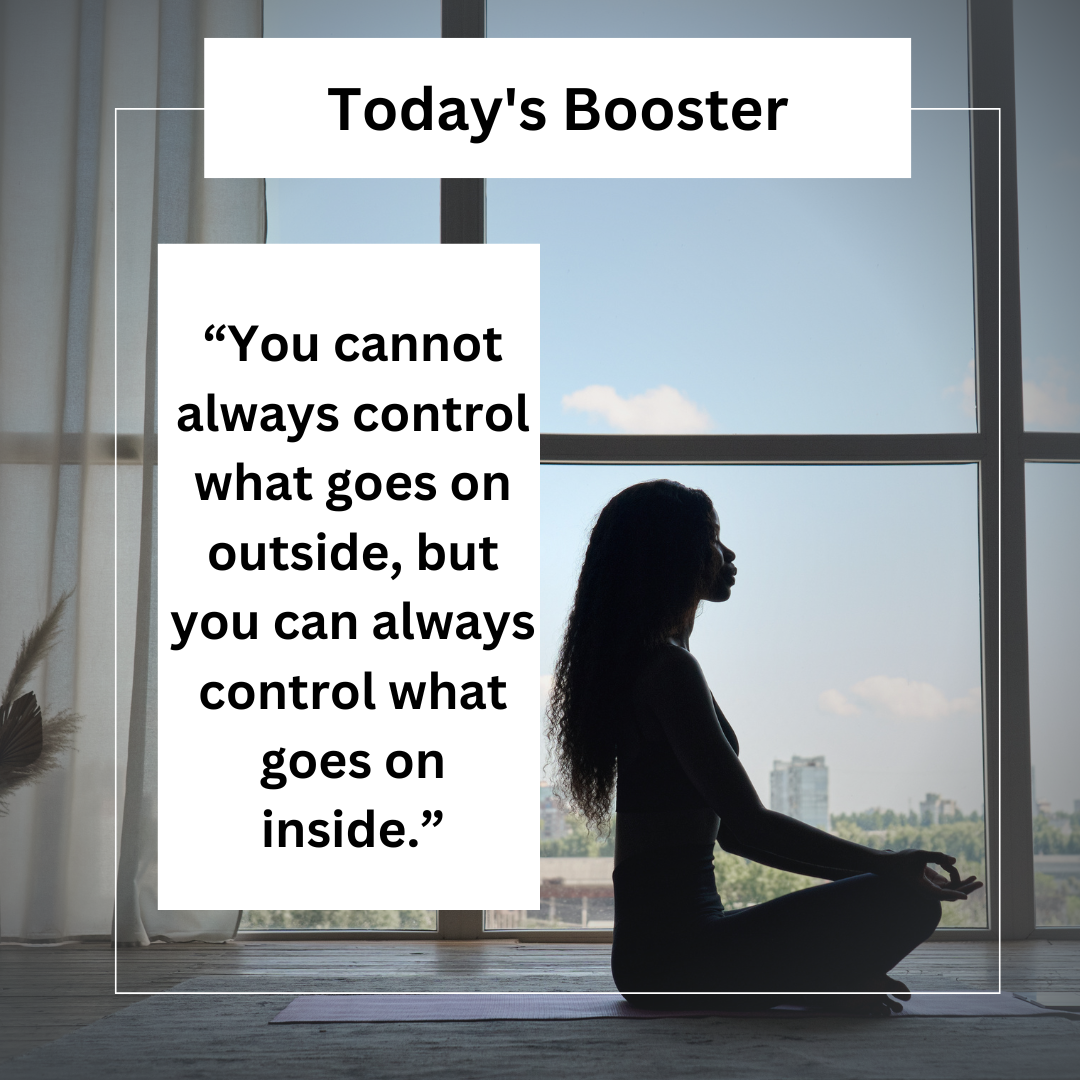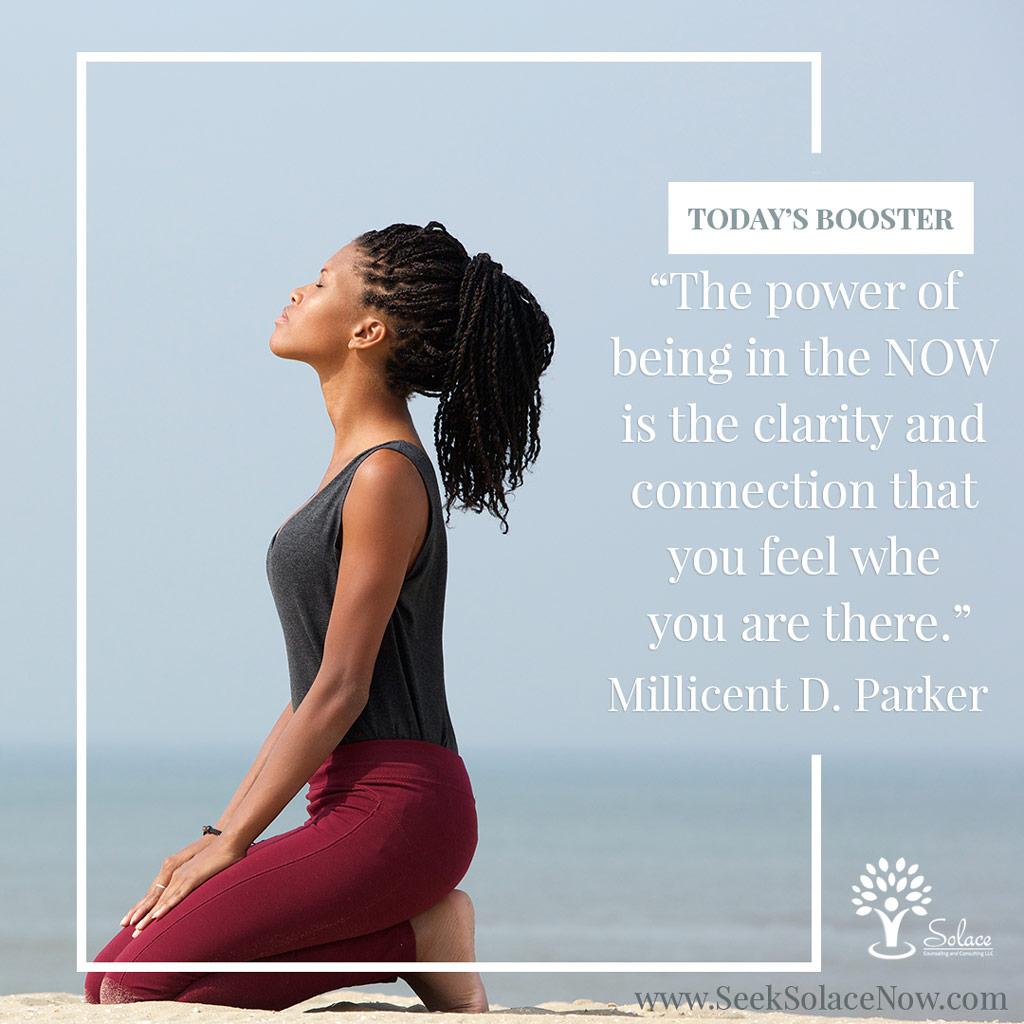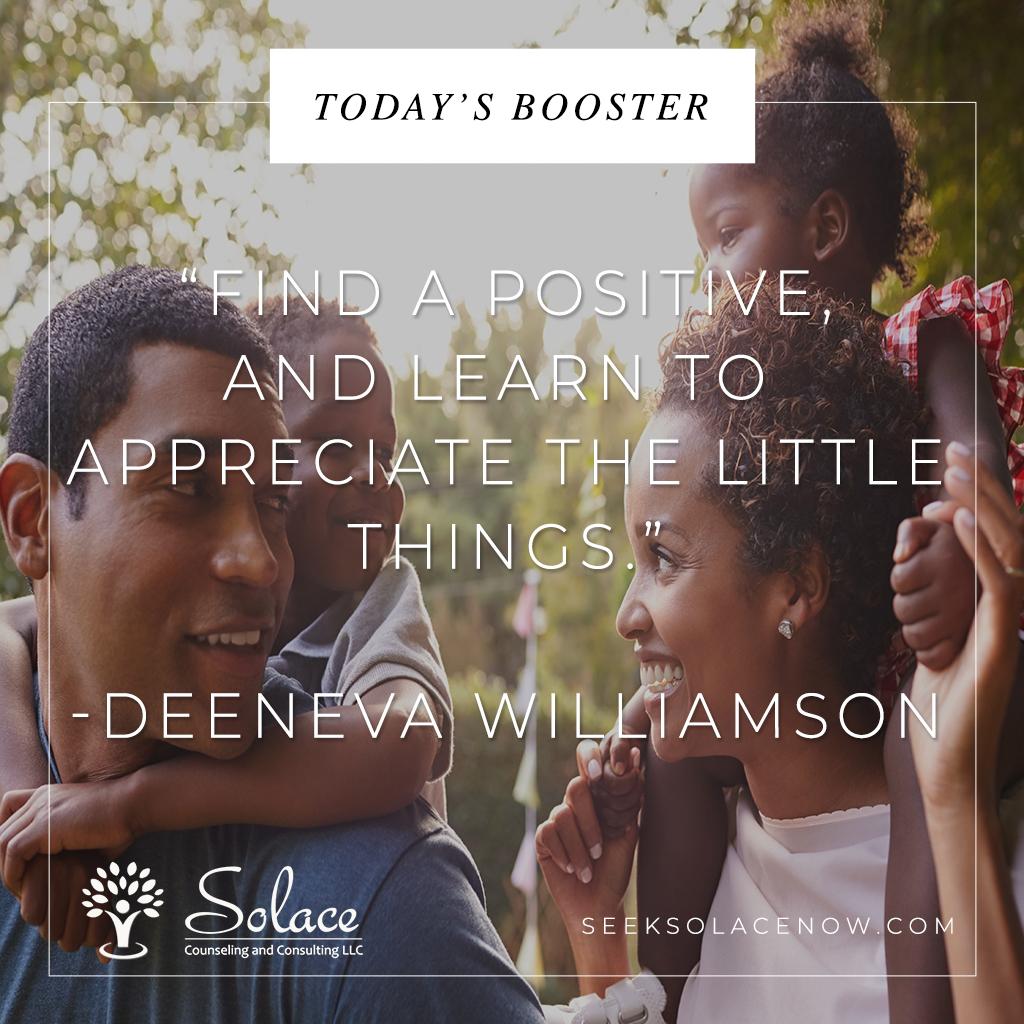Call Us
470.701.6793
Battling Anxiety

Anxiety is a feeling that is different for everyone. We can feel anxiety physically, mentally, daily, or spread out. Anxiety can sometimes hinder our personal growth; however, we can overcome anxiety and find ways to cope. In this blog, we will discuss how to identify that you are dealing with anxiety and how to overcome the adverse effects it has eventually.
- Identifying physical symptoms
There are several physical symptoms people experience when they feel anxiety. These physical behaviors may indicate that you are dealing with stress and will help you identify symptoms early on. One of the most common symptoms is a rapid heartbeat. Your heart rate naturally increases in stressful situations, a normal response to anxiety. Another physical symptom is experiencing shortness of breath. Shortness of breath includes both rapid and shallow breathing. Stress can cause you to feel choked up or breathless and is another sign you may be in a stressful environment or situation. Another physical sign is muscle tightness. This can be experienced through headaches, muscle stiffness, neck pains, and tightness in your jaw. When you become stressed, often your body may be tight and uncomfortable. Lastly, another common physical symptom is fatigue. When people feel anxiety, it can cause them to feel physically and mentally drained.
- Identifying mental symptoms
Several mental symptoms are symptoms that you could be experiencing anxiety. Anxiety can often cause negative emotions like nervousness or fear. One of the first mental symptoms is restlessness. Restlessness can cause you not to be able to sit or stand still. This can often be experienced through pacing or fidgeting. We can constantly do these things when feeling anxious because they are usually small things that relieve us. Overthinking is another mental symptom of anxiety. It can often cause you to constantly think too deeply about certain situations and get caught up in the adverse outcomes that could happen. This can cause you to stay stuck in a state of anxiety since you’ll keep becoming more anxious based on the more pessimistic scenarios you create. Another mental symptom could be falling into procrastination. Stress may make you nervous about completing a task causing your mind to rationalize constantly avoiding the job or situation. Lastly, another symptom that can be common is social withdrawal. Often your mind will feel it’s best to remove yourself from social gatherings or activities. Anxiety can cause you to want to be isolated because you’re worried about judgment or being uncomfortable in a social setting.
- Ways to deal with anxiety
Even though we may experience anxiety in everyday life, there are ways to combat it. The first way is to take care of your health. This includes getting exercise, getting good sleep daily, and eating a healthy, balanced diet. These things can all help regulate anxiety and help to better your overall well-being. Another way to deal with anxiety is to adopt a routine for specific situations. This will allow you to feel some control and stability in some instances, which will be helpful when dealing with anxiety. Lastly, another coping mechanism could be finding what makes you anxious. This could be finishing specific triggers and limiting your exposure to them. This will allow you to avoid stressful situations and situations that cause you anxiety as a whole.
Anxiety is not an issue we can eliminate, but we must know how to identify some symptoms. Once we know the signs, learning coping mechanisms to deal with anxiety is also easier. It’s essential to be patient on your journey with anxiety and find what works best for you. Lastly, professional help is always an option when dealing with your well-being. Getting professional help and guidance on dealing with your anxiety may be more manageable.
Additional Resources:
Managing and treating anxiety by the Better Health Channel
Disclaimer
The information contained in blog posts do not necessarily reflect the views of the Solace Counseling and Consulting LLC. This blog is the opinion of an individual and is not to be construed as professional advice, psychological diagnosis or a professional relationship between the reader and the writer. Blogs are intended only to be used by consumers in search of general interest information pertaining to mental health, relationships, counseling and related topics. Content on this website is not intended to replace or serve as substitute for professional consultation or service. If you require help with mental health issues please contact a licensed therapist or psychiatrist in your area. If you are experiencing an emergency, head to your nearest emergency room or call 911. The posts on this website are copyright of Solace Counseling and Consulting LLC and their writers (unless otherwise sourced). They can be re-blogged or re-posted on social media but cannot be reproduced or uploaded without permission.



